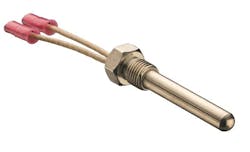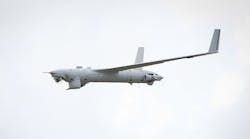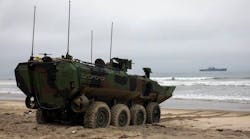The oil and gas and petrochemical vertical markets are among the largest for temperature test & measurement instrumentation, and the revaluation of oil and oil-based assets will act as a significant headwind to growth within the temperature sensor and switch market, VDC analysts say.
After years of significant growth in Brazil, China, India, Russia, and other emerging markets, the global macroeconomic outlook has significantly deteriorated for the temperature and sensors market, analysts say.
Sharp fluctuations in currencies will influence international temperature instrumentation manufacturers as many of the lower-end commodity products are sold at low-margin and high volume.
“As we move into 2015, the outlook for virtually every country besides the United States has turned negative,” says Frank Bertini, lead analyst in VDC’s Industrial Automation and Sensors practice.
“This temperature market is heavily exposed to oil, but there are other underlying concerns including slowing global growth, which affects everything from automotive to HVAC systems on buildings,” Bertini says.
The temperature instrumentation market correlates heavily with the energy markets as heat fluctuation is largely a function of energy manipulation, he says.
“What you will see over the forecast period is a dramatic slowdown in this aspect of the temperature sensor business; I don’t think everyone is quite as prepared as they should be,” Bertini says.
At particular risk are companies that typically do business in Brazil, Russia, India, and China -- the so-called BRIC countries. “Many suppliers, especially those with exposure to the BRICs, are sitting on their hands; they need to start planning for a dramatic slowdown," Bertini says.
The decreased demand will have less of an effect on the food and beverage and semiconductor temperature instrumentation suppliers. Manufacturers on this higher price point will fare better as their products have many value-added features such as auto calibration.
As part of its research, VDC interviewed suppliers as well as included other factors into the model such as currency and commodity dynamics, GDP forecasts, and industry specific growth rates.
For more information contact VDC Research online at www.vdcresearch.com.



